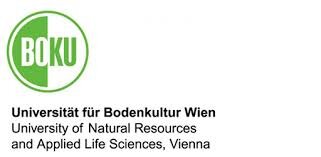
Hydropower induced supersaturation in freshwaters: effects on ecosystems, mitigation and solutions
Research institutes: BOKU Institute of Hydraulic Engineering and River Research
Hydropower (HP) is the main source of energy supply in Norway and is predicted to increase by 73 % worldwide in the next 10-20 years, including 3700 new major dams. SUPERSAT will provide new crucial knowledge and quantification of supersaturation processes, identified as a major potential effect of HP on river ecosystems. Hence, the project will deliver the basis for mitigation and improved solutions supporting a more sustainable and environment-friendly development of the HP industry.
The knowledge on how to prevent supersaturation is highly relevant when constructing new HP plants and during revision of concession for existing plants. The ENERGIX programme has HP as a thematic priority area under renewable energy and state that “Knowledge about environmental impacts is vital in all of these thematic priority areas”. SUPERSAT thereby answer the objective of the ENERGIX programme in providing support for the long-term, sustainable restructuring of the energy system, with due consideration given to international climate and environmental perspectives. The overall aim of SUPERSAT is to explore biological impacts of gas supersaturation at the individual and community scales, identify effective mitigation measures, and ultimately contribute to sustainable HP production.
The proposed project also addresses requirements for aligning industrial practices to the legal requirements of the European water framework directive. SUPERSAT is highly relevant under the call and has a high socio-economic benefit for Norway and internationally, given the global reliance upon HP for energy security. The project encompasses the required level of independency for achieving an objective assessment of both impacts and mitigation of HP.
